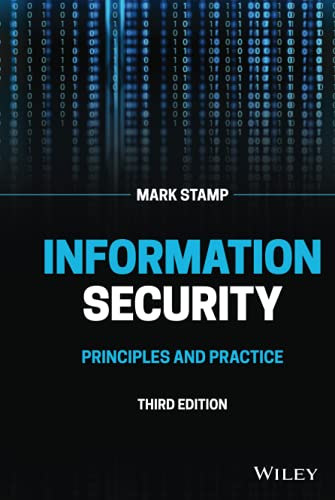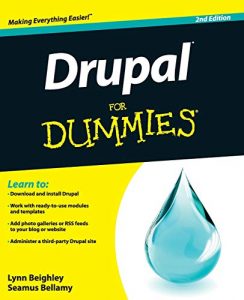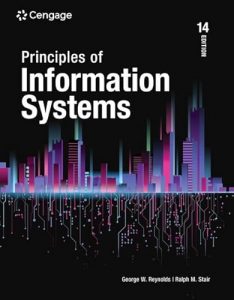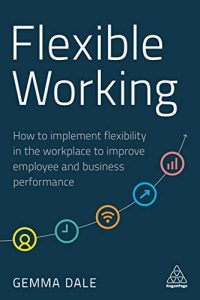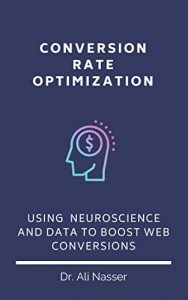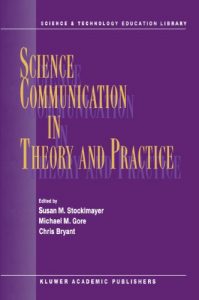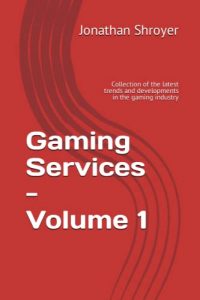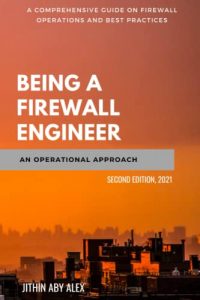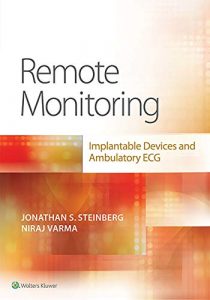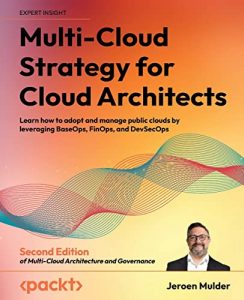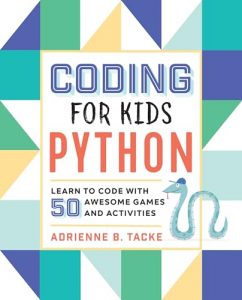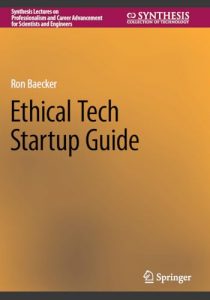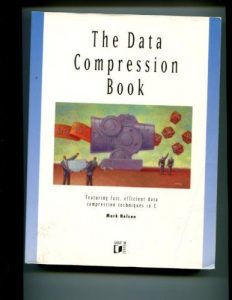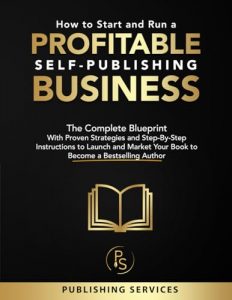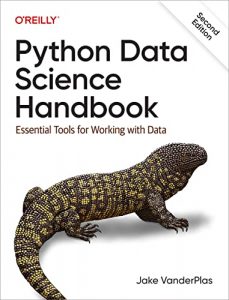1. Foundations of Information Security: A Straightforward Introduction
Written by Jason Andress, this book is the perfect entry point for aspiring security professionals. It takes a pragmatic approach to essential concepts within information security, making them accessible to readers at all knowledge levels. The book walks through various principles and practices that govern the world of information security, allowing readers to develop a strong foundation. What makes it even more appealing is its straightforward and engaging writing style. Every chapter is laden with insights that are indispensable for anyone looking to start a career in this critical field.

2. Information Security: Principles and Practice, 3rd Edition
Authored by Mark Stamp, this comprehensive guide delves into the foundational principles of information security while discussing modern challenges and solutions practitioners face today. The third edition makes it very relevant by incorporating contemporary case studies and advanced methodologies in security practices. If you’re seeking to deepen your understanding and update your knowledge on the real-world applications of security concepts, this book is a must-have. It serves as both an academic text and a professional reference, making it invaluable for anyone serious about advancing in the field.

3. Principles of Information Security (MindTap Course List)
This book by Michael Whitman and Herbert Mattord brings to the forefront the critical principles of information security within a course-oriented structure. Its academic focus makes it suitable for both students and professionals alike. The authors cover a broad range of topics extensively, offering practical insights into risk management, information assurance, and security policies. The engaging case studies and real-world examples elevate the learning experience, making this a highly recommendable resource for gaining a structured understanding of the fundamentals of information security.

4. The Basics of Information Security
Jason Andress offers eager learners a succinct introduction to the world of information security in this book. Covering the fundamentals, Andress emphasizes key concepts that every professional should be familiar with. This book is particularly alluring for those without a deep background in information security, as it breaks things down into digestible sections without skimming foundational topics. An ideal companion for anyone looking to solidify their knowledge base before diving deeper into specific areas of security.

5. 97 Things Every Information Security Professional Should Know: Collective Wisdom from the Experts
Edited by Christina Morillo, this collection brings together insights from a variety of seasoned experts in the field of information security. Each contributor shares their own experiences and lessons learned, providing a treasure trove of knowledge aimed at everyone from newcomers to experienced security professionals. Each chapter is relatively short, making it easy to digest while still being packed with actionable tips and insights. This book is a must-read for anyone who wishes to learn from the wisdom of the industry’s best.

6. (ISC)2 CISSP Certified Information Systems Security Professional Official Study Guide 9th Edition
This study guide, authored by Mike Chapple, James Michael Stewart, Darril Gibson, and Tom Parks, is an essential resource for anyone looking to attain the CISSP certification. This detailed guide covers the CBK domains, offers sample questions, and provides study tips to help practitioners prepare. The comprehensive explanations make it a standout choice for serious students seeking to excel in their CISSP exam preparations. It’s a complete roadmap for success in a challenging journey.

7. CISM Certified Information Security Manager Study Guide (Sybex Study Guide)
Mike Chapple’s CISM Study Guide is tailored for individuals preparing for the CISM certification. It integrates critical concepts and frameworks essential to security management while providing a thorough understanding of the role of a security manager. This guide is well-structured, offering clear explanations and compendium sections to study efficient points crucial for certification. For anyone desiring to succeed and prove their expertise within security management, this book is a requisite companion.

8. NIST Cyber Security Framework: V1 2-in-1 Information Security & Policy
This collaborative work from Bruce Brown and Kim Pepper offers a comprehensive guide on implementing the NIST Cybersecurity Framework. It serves as an essential resource for policymakers and cybersecurity professionals who need to align strategic objectives with cybersecurity protections. Readers will benefit from both the theoretical underpinnings and practical applications discussed within the book, making it an invaluable tool for developing robust security frameworks.

9. Fundamentals of Information Systems Security
Authored by David Kim and Michael G. Solomon, this book covers vital areas necessary for a career in information security. Its well-rounded approach offers insights on technologies, policies, and practices unique to the information security landscape. The authors provide real-world scenarios that cater to both a student’s learning and a professional’s reference. Readers will find this a perfect mix of theoretical knowledge and practical application.

10. Information Security Policies, Procedures, and Standards: A Practitioner’s Reference
Douglas J. Landoll’s work provides an accessible yet in-depth exploration of the foundational policies and procedures essential to building a robust security posture. It serves as a vital reference for both practitioners and students, helping them understand the intricacies of information security management. The clear structure and actionable advice make this guide easy to navigate, making it a worthy addition to any security library.


